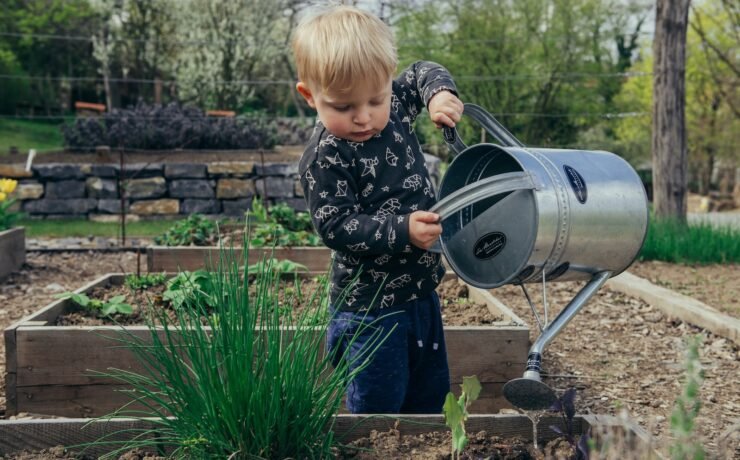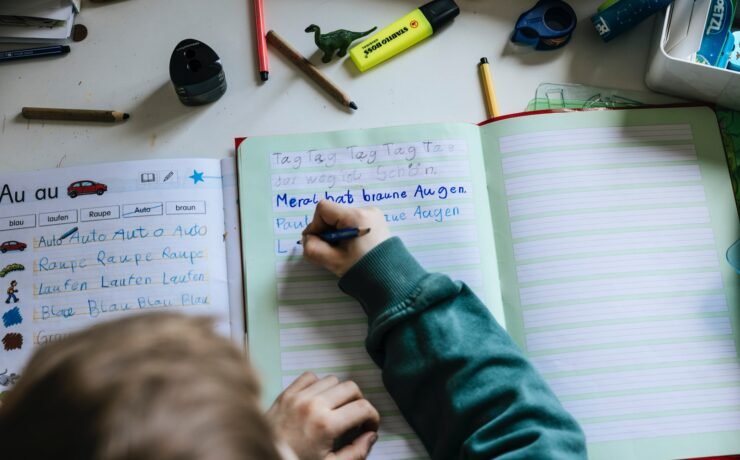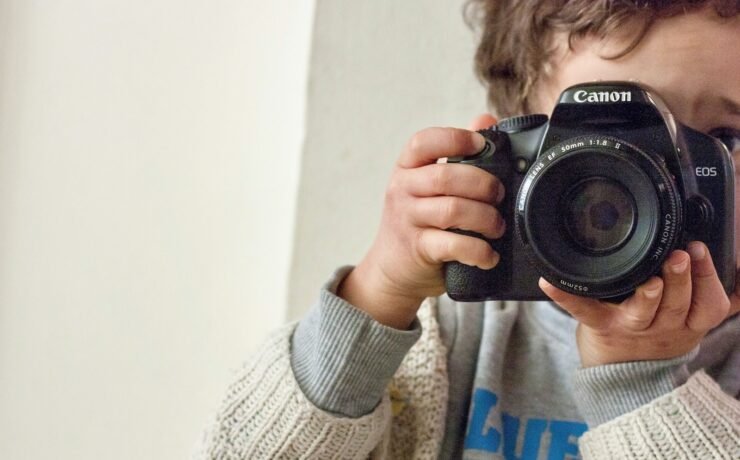Being a parent is probably the most challenging job in the world. The intense feelings that bind parents to their children can favor excessive reactions or laxity, and one is not always able to make the best decisions; implementing those behaviors that can help the child grow up and learn how to take care of himself and develop healthy habits and a strong mentality.
Knowing which behaviors can help your children will help them with this, but it will also help mothers and fathers carry out their “job” more serenely! In this way, it will be possible to create a complete and conscious family life, helping one’s children to build their happiness: visit the Gallery to discover them.
Sources: Psicologhe in Rete – Guida Psicologi – Believe Perform
Being better parents
Being a parent is the most challenging job in the world. The intense feelings that bind parents to their children can favor excessive reactions or laxity, and one is not always able to make the best decisions; implementing those behaviors that can help the child grow up and learn how to take care of himself and develop healthy habits and a strong mentality. Knowing which behaviors can help your children will help them with this, but it will also help mothers and fathers carry out their "job" more serenely! This way, creating a complete and conscious family life will be possible, allowing one's children to build happiness: click the arrows in the photo to continue reading.
Source: © FreepikWhat makes them mentally healthier and stronger?
To help your children develop a healthy and robust mentality, it is essential to set an example through virtuous behaviors that guide them in the most challenging situations and help them manage even negative feelings. Step by step, they will thus improve both their self-esteem and self-confidence, qualities that will also make a big difference in their relational and professional life. Here are 15 behaviors to consider and possibly implement to help your children.
Source: © Pexels / Victoria Akvarel1. Lead by example
At the basis of every education, there is an example. How we behave in certain situations will influence our children's future behavior. That's why this is the first "rule": remember that the example is always the most important and decisive thing.
Source: © unsplash / Juliane Liebermann2. Don't be afraid
Fear is too often the emotion that drives our behaviors. Often they are unfounded fears that limit our horizons, shutting down our dreams. However, an old proverb teaches that fear vanishes when you face it. This is what we should do with our children, to teach them from childhood to face their fears. They will thus learn to know their inner strength, developing the skills to overcome fears.
Source: © unsplash / Rémi Boudousquié3. How to deal with complex situations
It's natural always to want to solve your children's problems. In the long run, however, they would be prevented from developing the capacity to cope with complex or new situations. So leave them the space and time to make decisions, so they'll get used to dealing with the discomfort that a new problem can cause even better.
Source: © Pexels / Skitterphoto4. Positivity
When a child has harmful or destructive thoughts, it will be more difficult for him to develop self-confidence and mental calm to face the most critical situations in his life. So teach your children to deal with negative thoughts, trying to let them find the essential lessons they offer.
Source: © unsplash / Ikhsan Sugiarto5. Control of emotions
Controlling emotions doesn't mean denying or judging them but letting them flow to learn from them how to live your day and your life better.
Source: © Pexels / RosZie6. Always take responsibility
Taking responsibility for one's actions early is essential for developing a correct critical and self-improvement capacity. So try to get the children used to explaining the reasons for certain behaviors, encouraging dialogue, and listening to them. Then, you will know how to teach them where to improve and the reason for any mistakes.
Source: © unsplash / Filip Urban7. You learn by making mistakes
Warning, this is an essential piece of advice: allow your children to make mistakes without judging them for it. Error is part of any effective learning process. Let them make their own mistakes and help them learn from them.
Source: © unsplash / Tomáš Petz8. Shared rules
A child needs to find coherence in both parents concerning the rules. In the eyes of the child, a rule that's not respected by both is weakened.
Una regola non rispettata da entrambi, agli occhi del bambino, viene depotenziata.
9. Speak clearly
When explaining a rule to your children, always favor clarity, choosing concise forms with few words. Remaining constant and firm will help them to respect them. An example? If your daughter refuses to do her homework, tell her, "Honey, homework!" instead of, "But how many times do I have to tell you to do your homework?!"
Source: © unsplash / Markus Spiske10. Conviction
Another essential aspect is the conviction with which you explain and motivate a rule to your children. Explaining why a particular behavior should be avoided or encouraged will help them when facing new regulations in their lives.
Source: © unsplash / CDC11. Autonomy
Please encourage your children's autonomous behaviors and support them with advice and reflections. Then, teach them to learn on their own.
Source: © unsplash / Lavi Perchik12. Physical health
Always encourage your children to take care of their bodies through virtuous behavior. Mental well-being is related to physical well-being. An excellent regular practice, in this sense, reinforces ethical behaviors.
Source: © unsplash / Diana Polekhina13. Encourage them to form healthy friendships
Teach your children how important it is to build healthy and positive relationships with friends and schoolmates. Please support them in this journey to make them understand how to live together with others in the best way.
Source: © unsplash / Church of the King14. Learn together
Learn some practices or activities that can be valuable in dealing with negative feelings or worries. For example, meditative practices or deep breathing. It will be memorable for your child to learn something with a parent who can thus guide him in learning. Naturally, both of you will love doing something positive together.
Source: © FreepikWhat's Your Reaction?
Passionate about spirituality, books and cinema, these last 10 years he's been dedicating himself to spreading positive and nourishing contents for the body, mind and spirit. As a good Italian he knows what is good to eat and how to truly live a "dolce vita"!
























